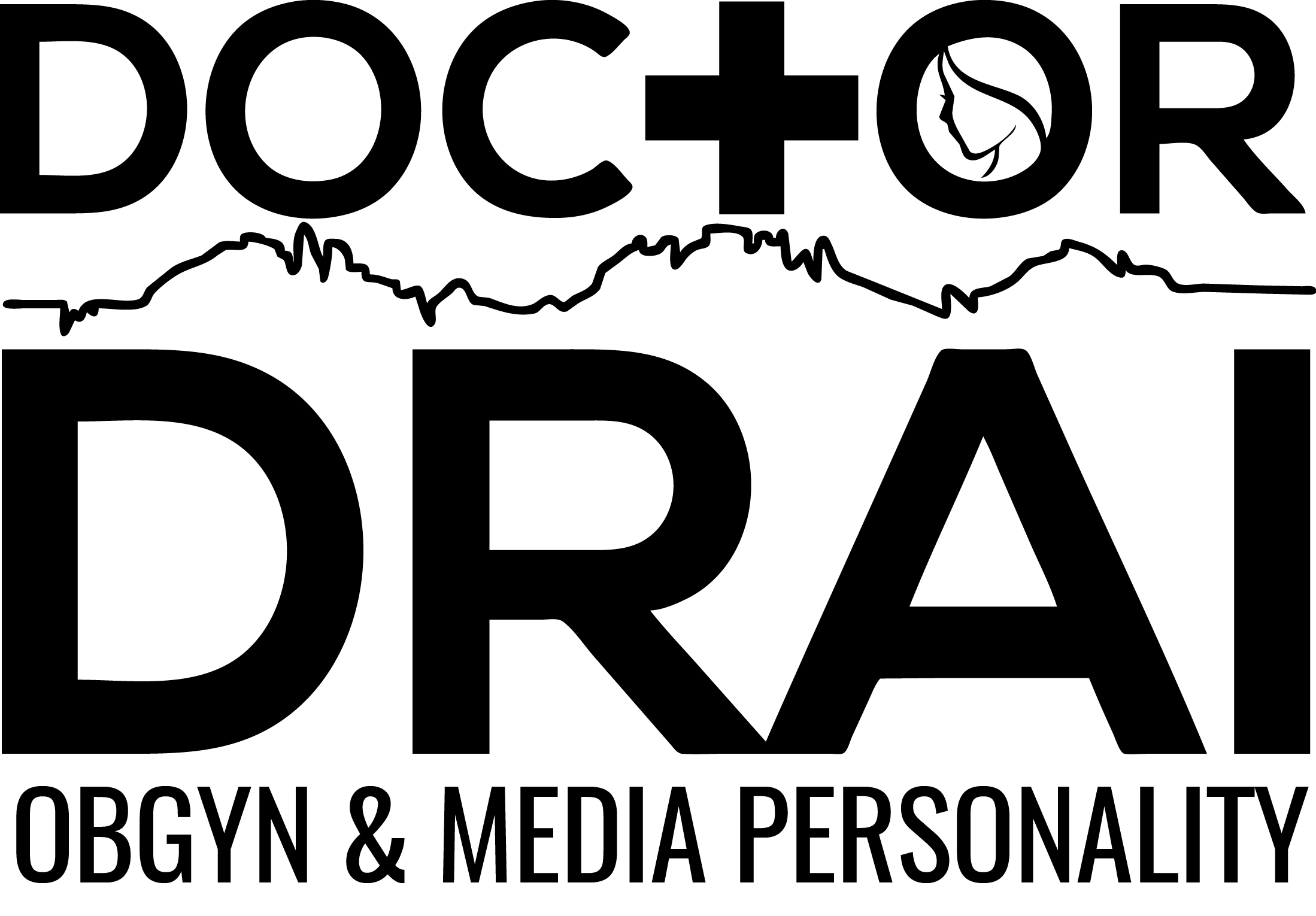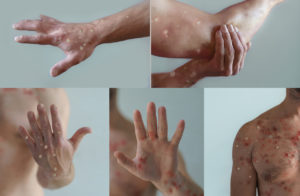Maintaining the proper amount of testosterone is important to sustain overall health and well-being. Testosterone is a steroid hormone necessary for enhanced libido, energy, immune function, and protection against osteoporosis. In addition, this hormone supports the development of certain male attributes like hair patterns, muscles, and voice modulation.
Although testosterone is considered a male hormone, women also need small quantities of it for muscle and bone strength. In general, the adult human male produces about eight to ten times more testosterone than their female counterparts.
Testosterone production in men increases under the puberty stage. As people age, a decline in testosterone production is experienced. This decline causes low sex drive, constant fatigue, depression, and loss of strength. Furthermore, very low levels of testosterone in men increase the risk of obesity and heart attack.
Low testosterone levels result from an inability of the testes to produce adequate quantities of testosterone. This development affects the whole body system and causes many physiologic, chemical, and hormonal changes. Age is not the only culprit for the drop in testosterone production. Other factors that contribute to low testosterone levels include environmental toxins, prolonged stress, and depression. Lifestyle can also be a factor in lowered production of this hormone. Excessive drinking, smoking lack of exercise, and an unhealthy diet may damage the testes and lower testosterone production. Other reasons for the low production of this substance are hypertension, use of anabolic steroids, prescription or non-prescription medications, surgeries, cancers, and infections.
People can improve testosterone levels by changing their lifestyles, improving their diet, or including exercise programs in their daily lives. Exercise and other physical activities are proven to show measurable improvements in testosterone levels. However, these activities should be done properly to avoid over-training which can cause fatigue and temporary reduction of sperm quality and quantity. These sperm levels typically return to nearly normal after about three days.
If these lifestyle changes do not improve your testosterone levels, different options are available. General treatments include testosterone injections, patches, and pills. Many products like herbal supplements and vitamin products that claim to boost hormones levels are available in the market. In addition to these medications, replacement therapy can also be done to promote testosterone production. Improved muscle mass, increased bone density, higher energy levels, decreased irritability and anxiety are some of the benefits associated with testosterone replacement therapy.
While low testosterone levels pose a potential threat to the well-being and health of many old men, the treatments are not simple. Individuals are encouraged to talk to doctors or other medical specialists and weigh the advantages and disadvantages of many remedies for low testosterone levels. Increasing testosterone levels in men are possible, but it should only be done with the advice of medical professionals.
Until next time #GYNEGirls and #Preggos…
Dr. Drai






